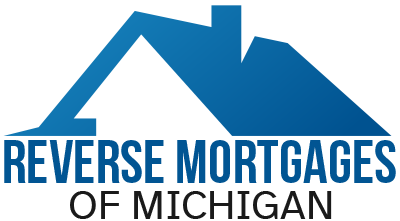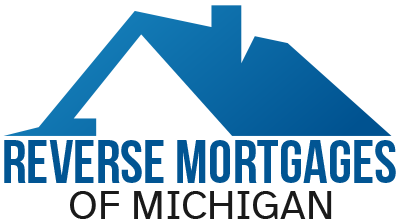Understanding Reverse Mortgage Qualifications

Understanding Reverse Mortgage Qualifications
A reverse mortgage can be a valuable tool for homeowners aged 55 and older looking to access their home equity without selling. However, it’s essential to understand the qualification requirements before making a decision.
Key Qualification Criteria
- Age: You must be at least 55 years old to qualify for a standard reverse mortgage.
- Homeownership: The property must be your primary residence.
- Equity: While there’s no specific minimum equity requirement, you generally need a substantial amount of equity in your home to qualify.
- Property Condition: Your home must meet certain property standards.
Additional Considerations
- Credit History: While not a strict requirement, a good credit score can improve your chances of securing favorable terms.
- Counseling: You must complete a mandatory counseling session with a HUD-approved counselor before obtaining a reverse mortgage.
How a Reverse Mortgage Works
A reverse mortgage allows homeowners to convert a portion of their home equity into cash. The loan doesn’t become due until you sell the home, move permanently, or pass away. Interest accrues on the loan, and the amount owed grows over time.
It’s crucial to weigh the potential benefits and drawbacks carefully. A reverse mortgage can provide financial security but also reduce your estate’s value. Consult with a financial advisor and a reverse mortgage counselor to determine if it’s the right choice for you.
There are primarily three types of reverse mortgages available:
1. Home Equity Conversion Mortgage (HECM)
Most common type: Backed by the Federal Housing Administration (FHA).
Eligibility: Homeowners aged 55 or older with significant home equity.
Benefits: Government insurance, flexible payout options, counseling required.
Limitations: Loan limits apply, property value requirements.
2. Proprietary Reverse Mortgages
Offered by private lenders: Not insured by the government.
Eligibility: Often for homeowners with higher home values than HECM limits.
Benefits: Potentially higher loan amounts, tailored terms.
Limitations: Lack of government insurance, higher interest rates possible.
3. Single-Purpose Reverse Mortgages
Limited to specific purposes: Property tax deferrals, home repairs, or long-term care.
Eligibility: Varies by state and program.
Benefits: Can address specific needs without tapping into entire home equity.
Limitations: Restricted use of funds, income and asset limits.
Choosing the right type of reverse mortgage depends on your specific financial situation, needs, and goals. It’s essential to compare options carefully and consult with a qualified professional to make an informed decision.
Contact David Blatt your Reverse Mortgage Specialist at (248) 763-1438 or send him an email using our contact form.





